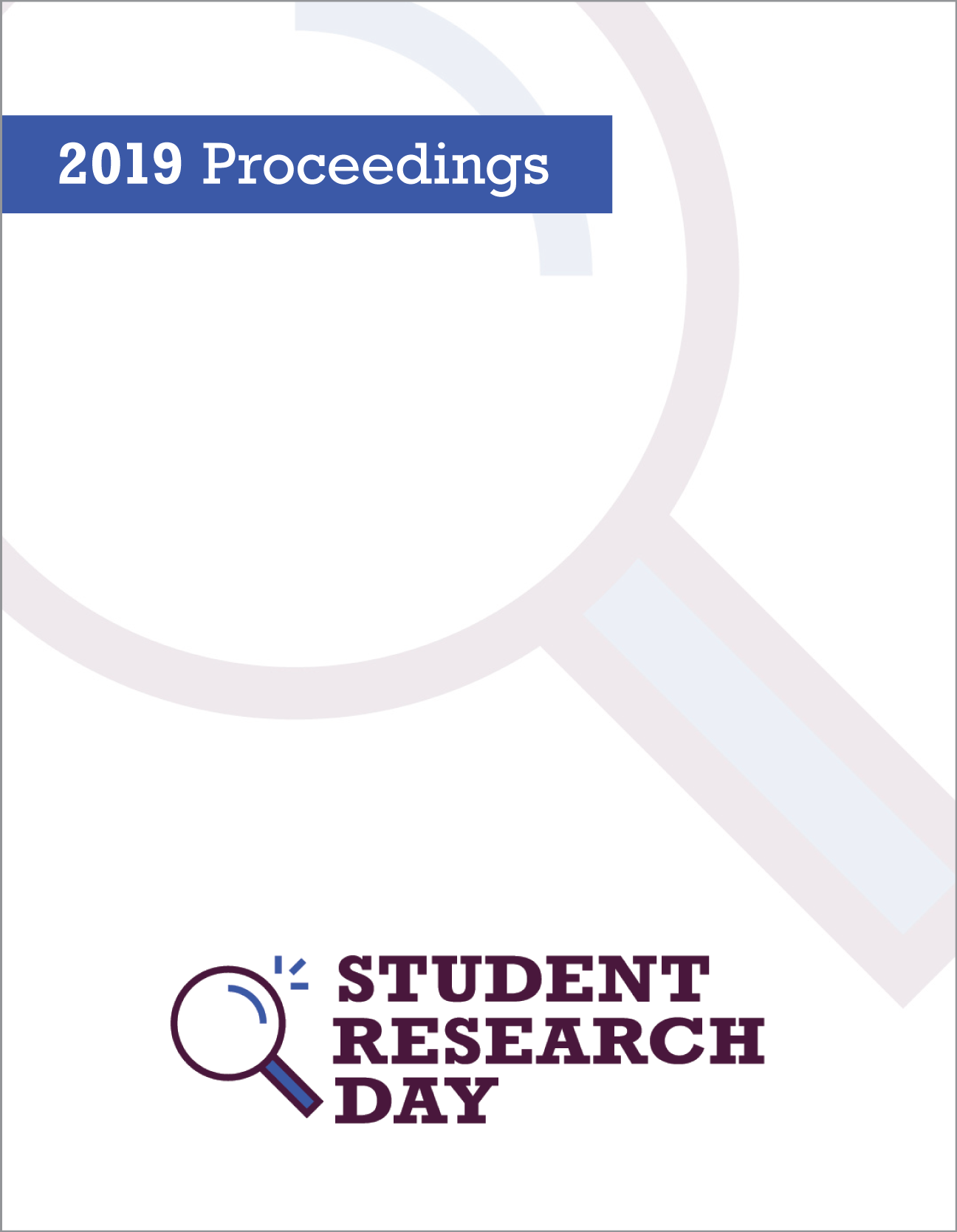Playing the Blame Game
Indigenous Status and Culpability in Ambiguous Sexual Assaults
Abstract
Given the current social and political climate of emphasis on sexual violence awareness, as well as attempts to rectify past injustices that were committed in the ‘name of race’, so to speak, the current study was designed to assess bias within these two relevant areas. Studies concerning racial biases that may be more relevant to Canadian jurors (such as those involving Indigenous persons) are relatively lacking. While there is much statistical and anecdotal evidence to suggest that Indigenous persons are treated differently in the criminal justice system (i.e., prison over-representation, sentencing disparity), there is little evidence specifically focused on biases that may affect jurors in Canadian courtrooms. As a result, the present study was designed to examine whether race and age factors influence decisions concerning criminal culpability. This study was conducted on a University population and consisted of 711 participants. Participants read a transcript of a sexual assault court case that has been adapted from Canadian court records that is an ambiguous case (i.e., unclear whether victim or perpetrator is responsible). Our manipulated variables involve differing descriptions of the complainant (both age and race variations) and defendant (race variations), such that we can examine how these “extralegal” factors may introduce bias in whose testimony is given more weight or deemed more believable. Preliminary analysis shows significant differences in believably, consent, and punishments lengths for false reporting between Caucasian and Indigenous victims. These findings support the idea that racial biases may be relevant to Canadian juries.
Faculty Mentor: Kristine Peace
Department: Psychology (Honours)
References
Downloads
Published
Issue
Section
License
Authors retain any and all existing copyright to works contributed to these proceedings.



